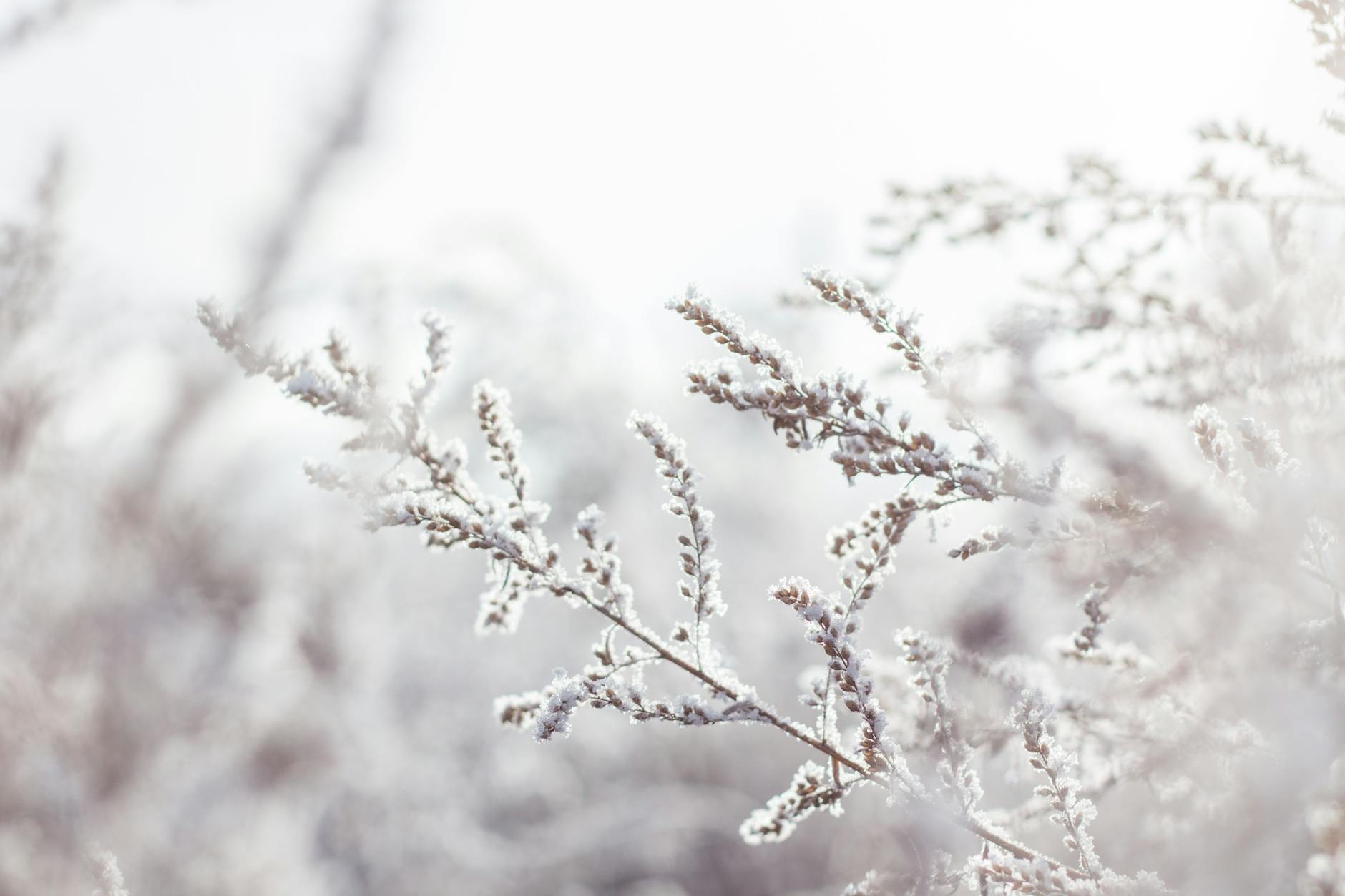Winter can be a magical time, with snow-covered landscapes and cozy evenings by the fire. However, as the temperature drops, you might notice that your skin starts to feel different. It may become dry, itchy, or even cracked, leaving you wondering why your usual skincare routine isn’t cutting it. The truth is, winter weather brings a unique set of challenges for your skin, and understanding how these chilly conditions affect you can help you keep your skin healthy and glowing all season long.
Why Your Skin Feels So Dry in Winter
One of the most noticeable effects of cold weather on your skin is dryness. You might feel like your skin is being drained of its natural moisture, and that’s because it actually is. When the air outside gets colder, the humidity levels drop significantly. Low humidity means there’s less moisture in the air, which causes the moisture in your skin to evaporate more quickly. As a result, your skin’s natural barrier becomes compromised, leaving it feeling parched and more prone to dryness.
Indoor heating, which keeps you warm and comfortable, can make the problem worse. While it’s great for staying cozy, central heating systems can sap the air of what little moisture it has, creating an environment that’s harsh on your skin. You might find that your skin feels tight and flaky, especially in areas that are more exposed to the elements, like your face and hands.
How Cold Air Can Lead to Irritation and Sensitivity
Cold air doesn’t just dry out your skin; it can also lead to irritation and increased sensitivity. When the temperature drops, your skin’s protective barrier becomes weaker, making it easier for irritants to penetrate. This can result in redness, itching, and a general sense of discomfort. If you already have sensitive skin, these effects can be even more pronounced during the winter months.
Another factor that contributes to skin irritation is the wind. Winter winds can be harsh and abrasive, stripping away your skin’s natural oils and leaving it more vulnerable to the elements. If you’ve ever experienced windburn, you know how painful it can be. Your skin might feel raw, and you may notice redness that takes time to fade. The combination of cold air, low humidity, and biting winds creates a perfect storm for irritated, sensitive skin.
Why Your Skin Loses Its Glow in Winter
You might notice that your skin looks duller and less radiant during the winter. This is because the cold weather can slow down your skin’s natural exfoliation process. Normally, your skin sheds dead cells regularly, revealing fresh, healthy skin underneath. However, when it’s cold outside, this process can become sluggish, leading to a buildup of dead skin cells on the surface. This buildup can make your complexion look tired and lifeless, rather than bright and vibrant.
Another reason for your skin’s lackluster appearance in winter is the reduced blood flow to the skin. When it’s cold, your body prioritizes keeping your core temperature stable, which means less blood circulates to the skin’s surface. This can cause your skin to appear pale and washed out. You might also find that your skin feels rougher to the touch, as the lack of circulation makes it harder for your skin to repair itself efficiently.
The Impact of Hot Showers on Winter Skin
When it’s freezing outside, nothing feels better than a long, hot shower to warm up. However, those hot showers can actually do more harm than good for your skin in winter. Hot water strips your skin of its natural oils, which are crucial for maintaining hydration. Without these oils, your skin can’t retain moisture as effectively, leading to even more dryness and discomfort.
It’s tempting to turn up the heat in the shower when you’re feeling cold, but it’s better to keep the water lukewarm. Your skin will thank you for it. After you get out of the shower, make sure to gently pat your skin dry rather than rubbing it with a towel, and apply a rich moisturizer immediately to lock in moisture. This simple step can help prevent the dryness that often follows a hot shower.
Tips for Protecting Your Skin in Cold Weather
Understanding how winter impacts your skin is the first step to keeping it healthy, but there are also practical measures you can take to protect it. Start by incorporating a heavier moisturizer into your skincare routine. In winter, your skin needs extra nourishment to combat the drying effects of the cold air. Look for moisturizers that contain ingredients like shea butter, ceramides, and hyaluronic acid, which are known for their hydrating properties.
Don’t forget to protect your skin from the elements when you go outside. Wearing a scarf, gloves, and a hat can shield your skin from the harsh winds and cold temperatures, reducing the risk of irritation. You should also remember to apply sunscreen, even on cloudy winter days.
Lastly, consider using a humidifier in your home. Adding moisture to the air can help counteract the drying effects of indoor heating, keeping your skin more comfortable. A humidifier can be especially beneficial at night while you sleep, ensuring that your skin stays hydrated while you rest.
Conclusion: Loving Your Skin in Winter
Winter may be tough on your skin, but with a little extra care and attention, you can keep it feeling soft, smooth, and radiant all season long. By understanding how cold weather affects your skin and making a few adjustments to your skincare routine, you’ll be able to enjoy the beauty of winter without compromising your skin’s health. Remember, your skin is your body’s first line of defense against the elements, so treat it with the love and care it deserves.

